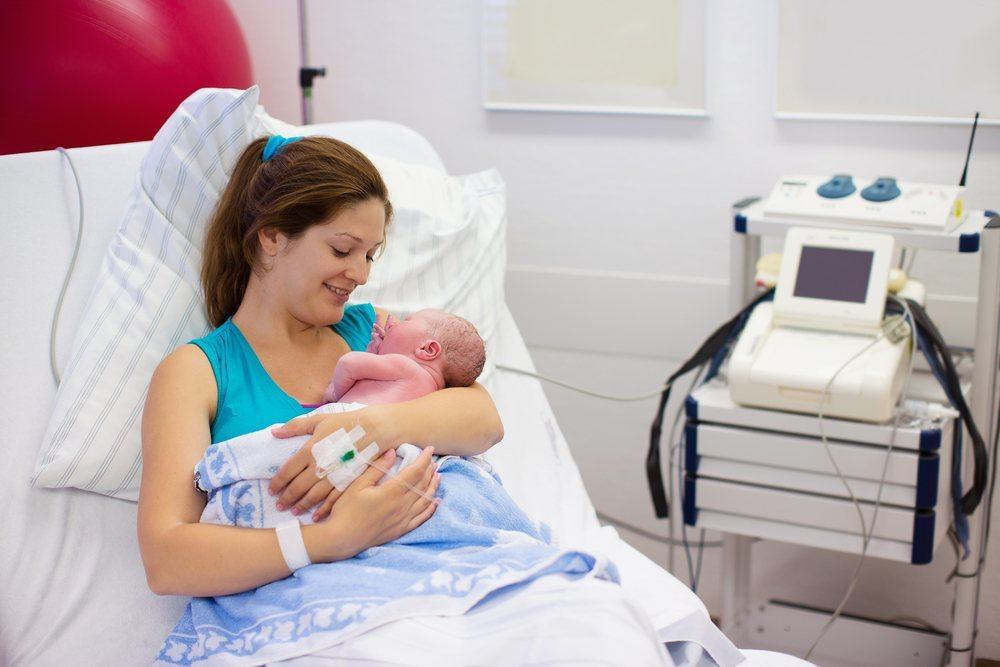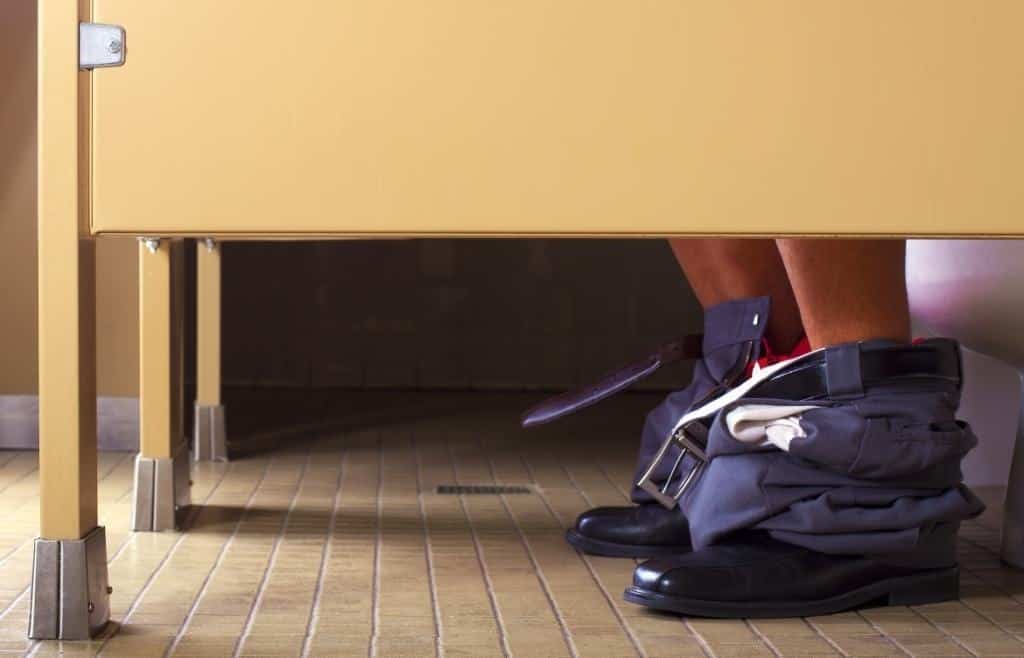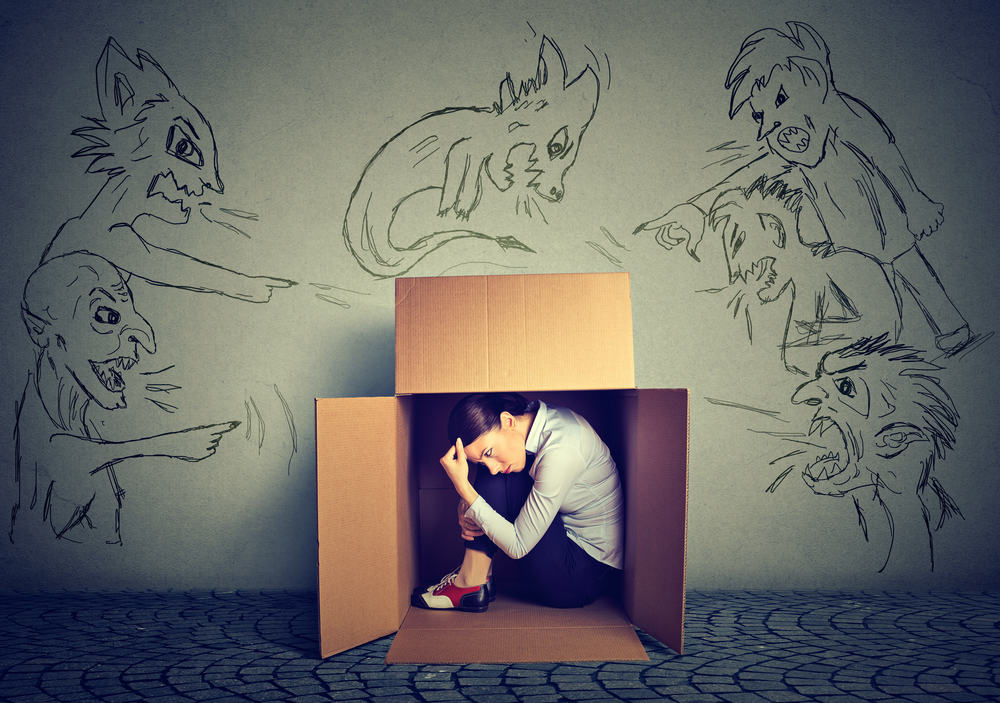Contents:
- Medical Video: The Attachment Theory: How Your Childhood Affects Your Relationships
- Characteristics of introverted children
- How do you deal with introverted children?
- 1. Understand what introverts really are
- 2. Understand your child's behavioral tendencies
- 3. Don't force your child to change
Medical Video: The Attachment Theory: How Your Childhood Affects Your Relationships
Introversion or introvert is one type of personality. Those who include introverts tend to focus on thoughts, feelings, and mood which comes from within ourselves aka internal, compared to looking for stimulation that comes from outside. The opposite of introverts is extroverts, so introversion can be said and extraversion is contradictory.
Popularized by Carl Jung, introversion and extraversion are one of the most widely used theories of personality today. According to some theories, a person can have both introverted and extroverted personalities, but usually tends to lead to one.
Introverts generally look more like alone. Unlike extrovert who will get energy from social interaction, an introvert feels that he has to spend a lot of energy when he has to socialize. If an introvert visits a party where there are many people, usually after that they tend to need to be alone and possess "me time" to me-recharge aka restore their energy. Although often mistaken for being quiet, shy, and lonely, an introvert is not actually a type of person who always closes himself from the outside world.
Characteristics of introverted children
Some common characteristics of those with introverted personality are:
- Tends to keep feeling alone.
- Looks quiet or withdraws while in the midst of a group of people they don't know well.
- Very self-conscious and think about everything before acting.
- Is a good observer and tends to study the surrounding situation through observation first.
- It's easier to socialize if you are with someone they already know well.
If your child falls into the category of introverts, it is very likely that you will often find your child silent when in the midst of many people, especially if the people around him are people he doesn't know. Some other features that your child might enter into the introvert category are:
- Children tend to avoid eye contact with other people: introverted children will tend to avoid eye contact, especially with people they don't know. They can feel embarrassed when dealing with a new person and seem to avoid the person, when in fact your child is trying to protect himself and does not want to feel intimidated by the existence of that person. This also applies when your child is in a new environment such as a school or playground. He will tend to play with himself first.
- Children talk to themselves more often: if you often notice your child talking to himself or to his toys, you don't need to worry too much. Introverted children tend to want to express their feelings without wanting to feel judged so that it is easier for them to talk to themselves or even to puppets.
- Fussy children after a long day: You invite your child to various playgrounds, parties, meetings, or you invite him to go to an unusual place, then after that your child starts fussing for no apparent reason? This can be one of the characteristics of introverts. Introverted children need time to be alone, where they can digest the experiences and feelings they have just experienced. When they are faced with a busy schedule all day and are required to interact with many new people, they do not have enough time to digest the experience so that they feel uncomfortable and become fussy.
How do you deal with introverted children?
Introverted children are sometimes misinterpreted as shy children, but actually introverts and shy are not the same. There are a number of things you can do to deal with introverted children:
1. Understand what introverts really are
The first thing you can do is understand exactly what introverts are. This way, you know the possibilities that can occur, along with the challenges that arise later. Parents are sometimes worried when their children shut themselves in a room and don't want to talk about what they feel. This introverted child's behavior is sometimes misinterpreted as a sign of depression, but you should not conclude too quickly. All you need to understand is introversion is not a response to stimuli that occur from the outside, but is a personality type.
2. Understand your child's behavioral tendencies
For example, introverted children sometimes only have one or two close friends. You might be worried why your child doesn't have friends. Even though this is one of the characteristics of introverted children, they are more comfortable with small friendships, not in groups full of people. The small number of friends in an introverted child is not always an indication that the child is having social problems.
3. Don't force your child to change
Because it is often misinterpreted as shy and lonely, introverted children are sometimes seen as problem children. If your child chooses to be alone in the room or talk to himself with the toy, let him do it because that's when they feel comfortable with him. Don't forget, introverted children need their own time to digest the new events they are experiencing.
Avoid also forcing your child to socialize, especially if you are in a new environment, let him first observe for a while before joining his new friends. Forcing children to take part in group activities can also be a double-edged sword. For example, if you include an introverted child at a football club, the crowded conditions and shouts of other children can make it difficult for the child to concentrate so as to cause poor performance and make the child believe that he is a bad athlete. If exercise is your choice, introverted children will tend to excel if they pursue individual sports such as swimming or martial arts.
READ ALSO:
- 5 Mistaken Myths About Introverts
- What Is Antisocial and What Is the Difference With Asocial?
- Doppelganger Phenomenon, Similar Faces Even Not You












